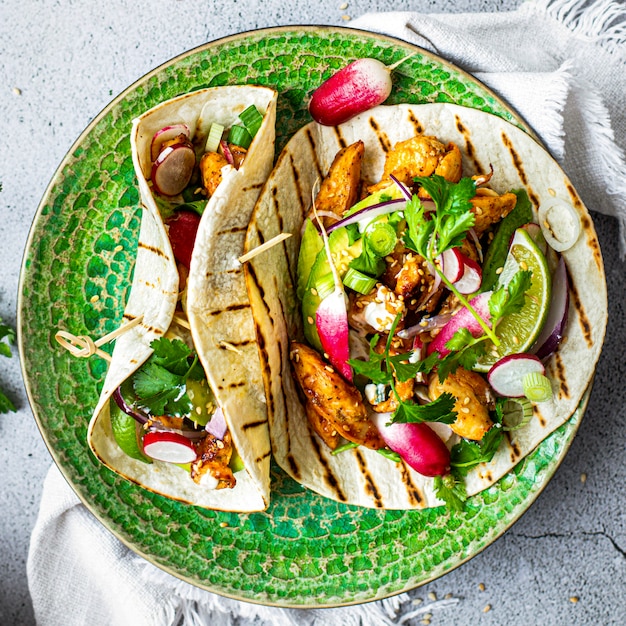A Beginner’s Guide to African Herbal Teas
Africa is home to a diverse range of teas, each with unique flavors, powerful health benefits, and cultural significance. From the antioxidant-rich rooibos and honeybush of South Africa to the vibrant hibiscus tea enjoyed across West Africa, African teas offer something for everyone.
Many of these teas, like kenyan black tea, lemongrass tea, and kinkeliba tea, have been used for centuries for their natural healing properties, promoting everything from digestion to relaxation.
In this guide, we explore some of the most popular types of African tea, including their origins, benefits, and how they’re traditionally enjoyed.
Whether you’re looking for a caffeine-free tea with a mild flavor or a spiced chai packed with bold aroma, these African teas offer delicious ways to support your health and wellness journey.
Many of these teas, like kenyan black tea, lemongrass tea, and kinkeliba tea, have been used for centuries for their natural healing properties, promoting everything from digestion to relaxation.
In this guide, we explore some of the most popular types of African tea, including their origins, benefits, and how they’re traditionally enjoyed.
Whether you’re looking for a caffeine-free tea with a mild flavor or a spiced chai packed with bold aroma, these African teas offer delicious ways to support your health and wellness journey.
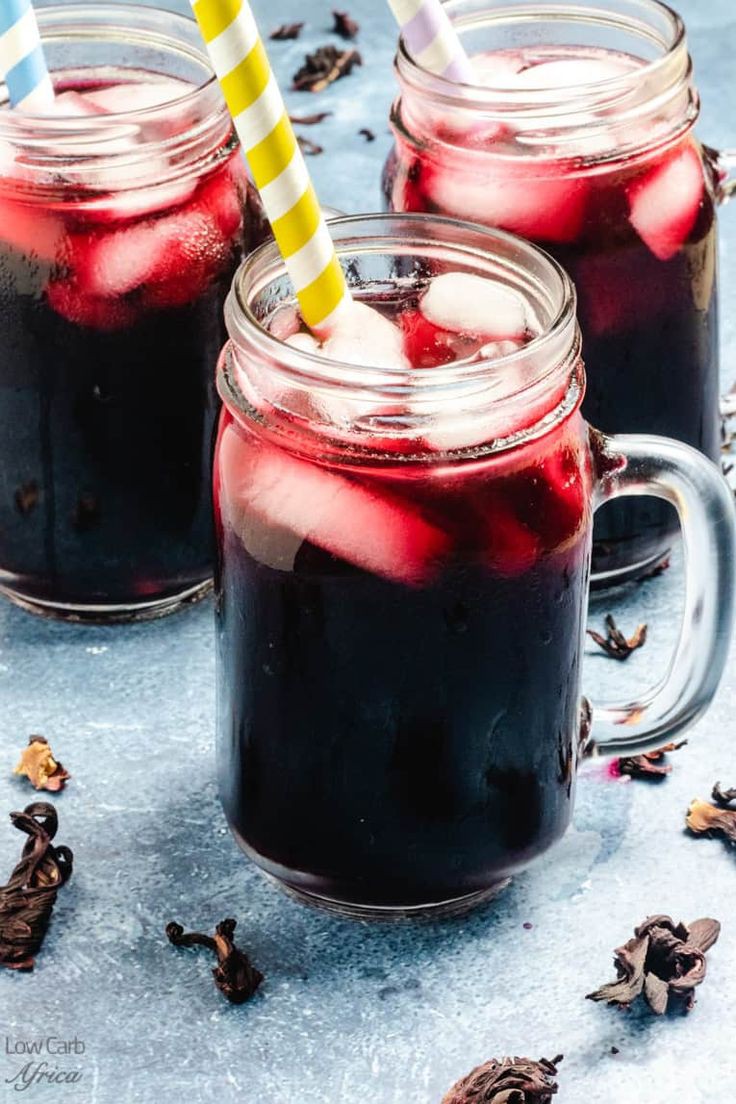
Hibiscus Tea (Karkadeh) (Across Africa, particularly Sudan, Nigeria and Egypt)
Hibiscus tea is made from the dried petals of the Hibiscus sabdariffa flower, known for its bright red color and tart, cranberry-like flavor.
Hibiscus tea is packed with vitamin C and antioxidants, known to help lower blood pressure, support liver health, and boost the immune system.
Often enjoyed as a refreshing cold drink, especially in warmer climates, hibiscus tea is sometimes sweetened with sugar or honey to balance its tartness.
Photo: @g_diets_
·
Hibiscus tea is made from the dried petals of the Hibiscus sabdariffa flower, known for its bright red color and tart, cranberry-like flavor.
Hibiscus tea is packed with vitamin C and antioxidants, known to help lower blood pressure, support liver health, and boost the immune system.
Often enjoyed as a refreshing cold drink, especially in warmer climates, hibiscus tea is sometimes sweetened with sugar or honey to balance its tartness.
Photo: @g_diets_
·
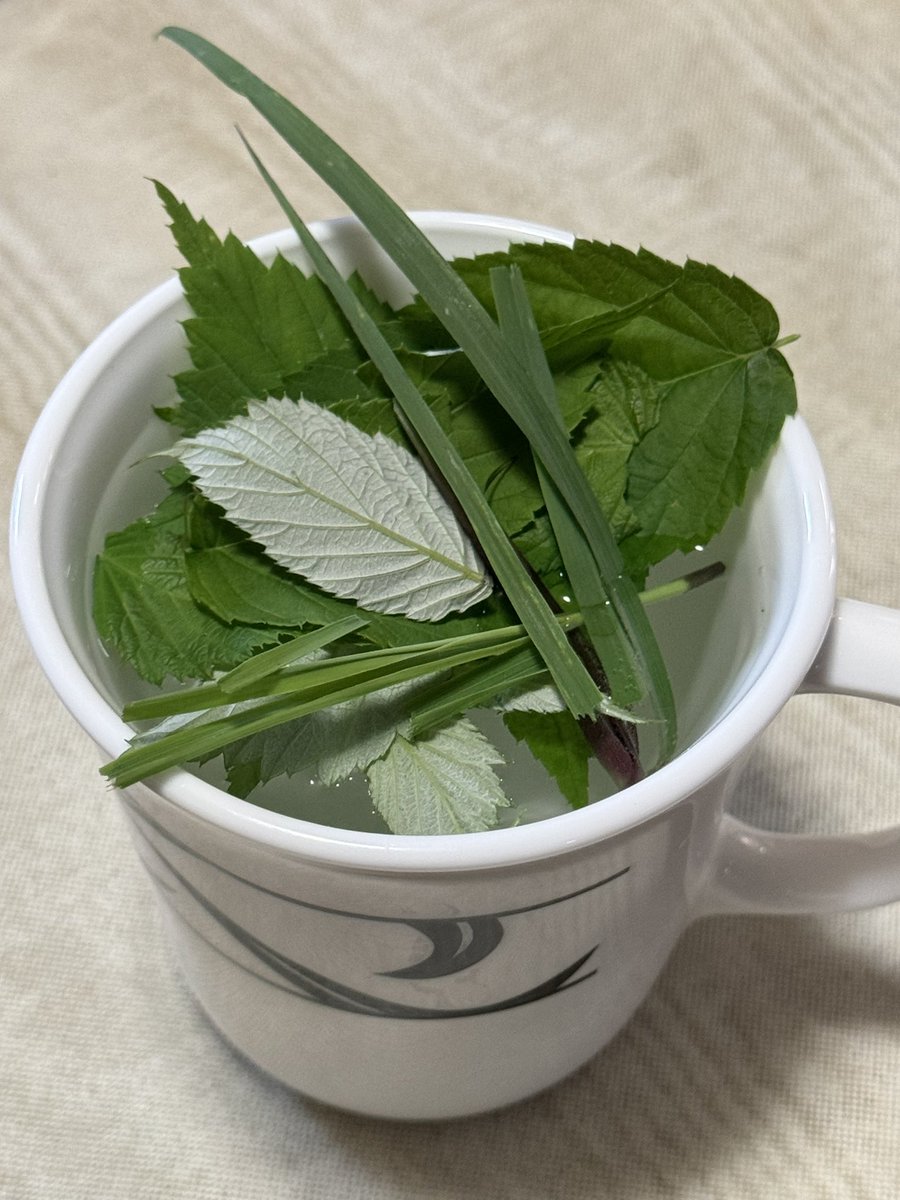
Lemongrass tea is made from the leaves of the lemongrass plant (Cymbopogon), which grows widely in West Africa. It has a citrusy, refreshing flavor.
Known for its calming and digestive properties, lemongrass tea can reduce bloating, support liver health, and promote relaxation.
Often enjoyed plain or with a touch of honey, lemongrass tea is popular for its soothing properties and refreshing taste.
Photo: @mikemasm
·
Known for its calming and digestive properties, lemongrass tea can reduce bloating, support liver health, and promote relaxation.
Often enjoyed plain or with a touch of honey, lemongrass tea is popular for its soothing properties and refreshing taste.
Photo: @mikemasm
·
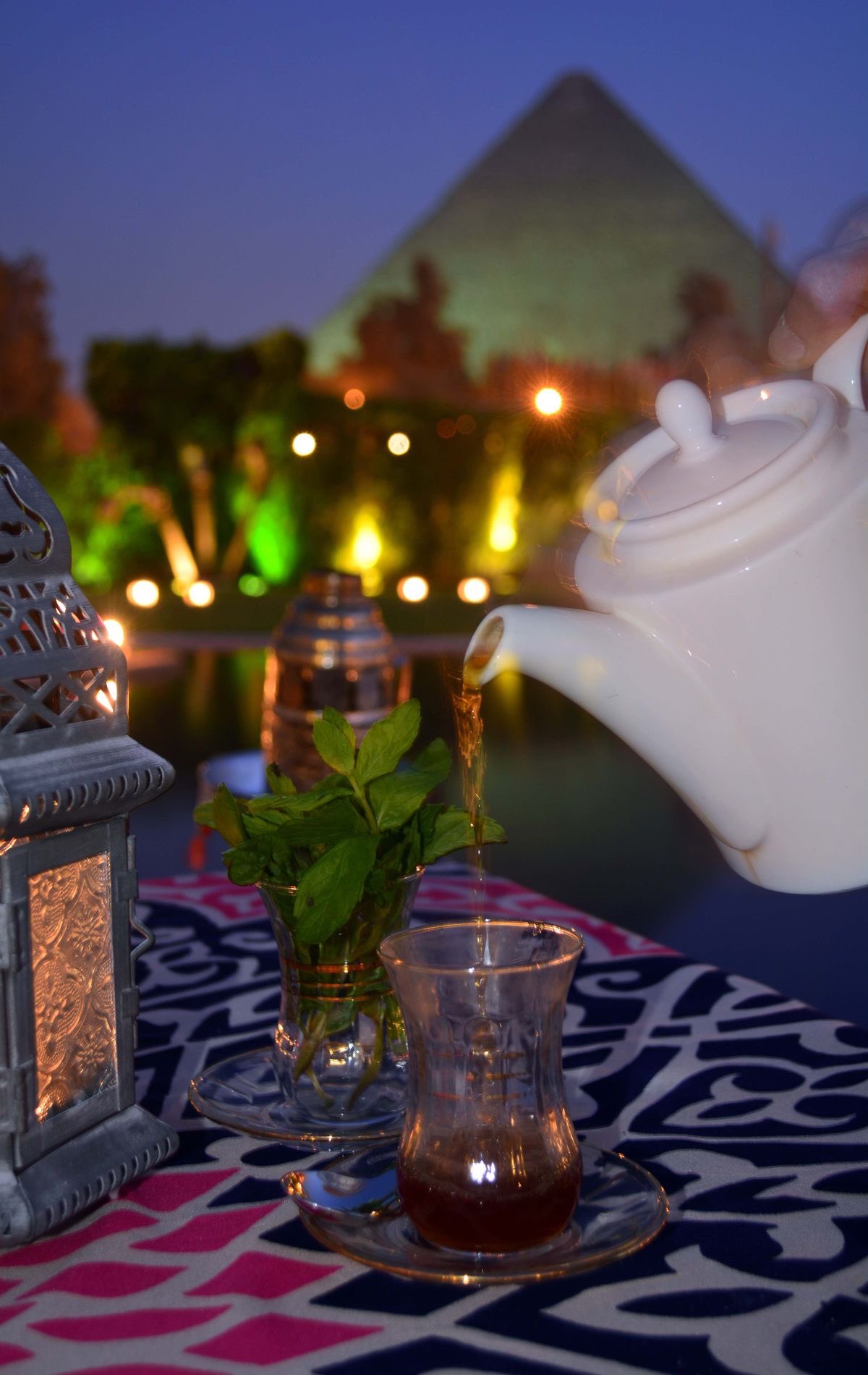
Kenyan Black Tea (Kenya)
Kenya is one of the largest tea producers in the world, famous for its bold and robust black teas. Kenyan black tea is known for its strong flavor and deep, rich color.
Like other black teas, Kenyan black tea is rich in antioxidants that support heart health, improve digestion, and increase alertness due to its caffeine content.
Traditionally served with milk and sugar, Kenyan black tea is also enjoyed plain or used as a base for chai (spiced tea).
Photo Credit: @BaytAlFann
Kenya is one of the largest tea producers in the world, famous for its bold and robust black teas. Kenyan black tea is known for its strong flavor and deep, rich color.
Like other black teas, Kenyan black tea is rich in antioxidants that support heart health, improve digestion, and increase alertness due to its caffeine content.
Traditionally served with milk and sugar, Kenyan black tea is also enjoyed plain or used as a base for chai (spiced tea).
Photo Credit: @BaytAlFann
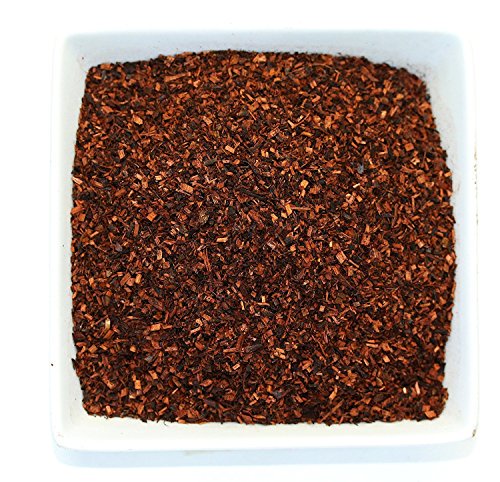
Honeybush Tea from South Africa
Honeybush tea is made from the Cyclopia plant, which grows naturally in South Africa. It has a slightly sweet, honey-like flavor with floral undertones.
Photo Credit: @gandertrains
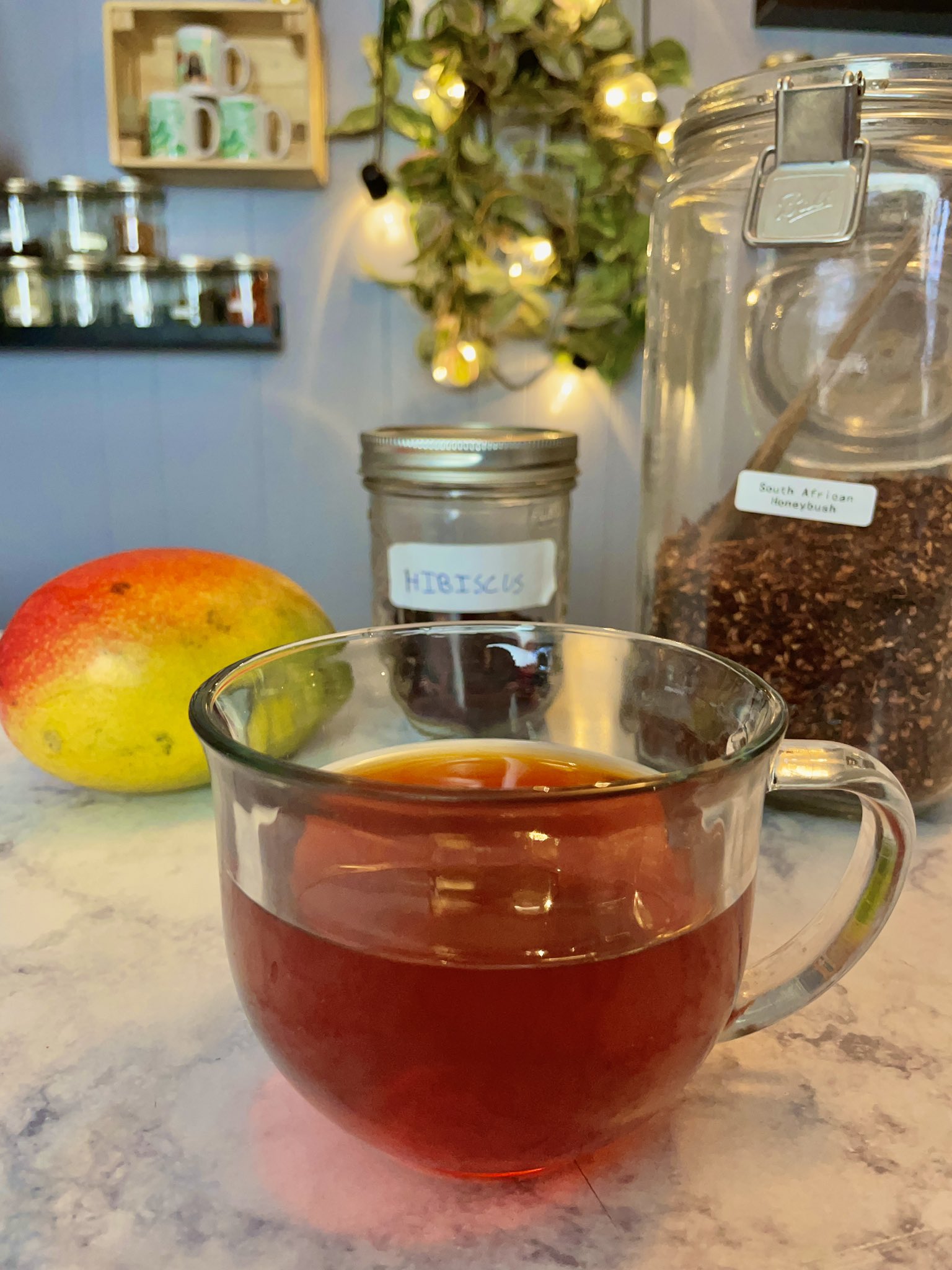
Honeybush is rich in antioxidants and is caffeine-free. It is often used to support respiratory health, aid digestion, and promote relaxation.
Honeybush tea can be enjoyed hot or iced and pairs well with a dash of honey or lemon for added flavor.
Photo Credit: @mintybongwater
Honeybush tea can be enjoyed hot or iced and pairs well with a dash of honey or lemon for added flavor.
Photo Credit: @mintybongwater
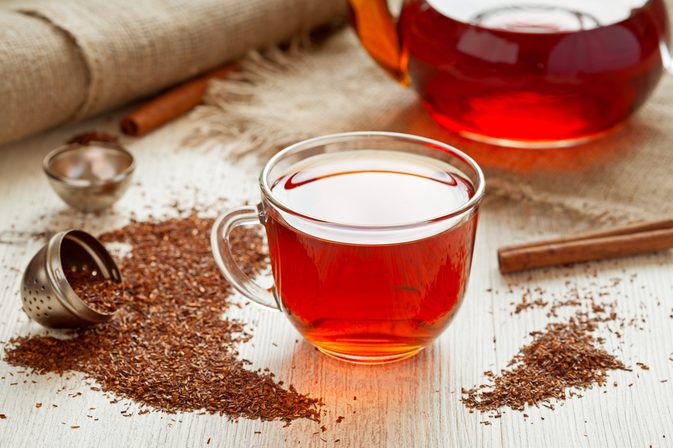
Rooibos Tea (South Africa)
Known as "red bush tea," rooibos is made from the leaves of the Aspalathus linearis plant, native to South Africa. It has a mild, naturally sweet, and earthy flavor.
Rich in antioxidants, rooibos tea is known to support heart health, reduce inflammation, and promote digestion. It is also caffeine-free, making it suitable for all ages.
Often enjoyed plain or with milk and honey, rooibos is also popular in iced tea blends and as a base for various herbal tea mixtures.
Photo: @LoriShemek
Known as "red bush tea," rooibos is made from the leaves of the Aspalathus linearis plant, native to South Africa. It has a mild, naturally sweet, and earthy flavor.
Rich in antioxidants, rooibos tea is known to support heart health, reduce inflammation, and promote digestion. It is also caffeine-free, making it suitable for all ages.
Often enjoyed plain or with milk and honey, rooibos is also popular in iced tea blends and as a base for various herbal tea mixtures.
Photo: @LoriShemek
If you've learned from reading this article - Follow Me on Nircle and leave a comment
